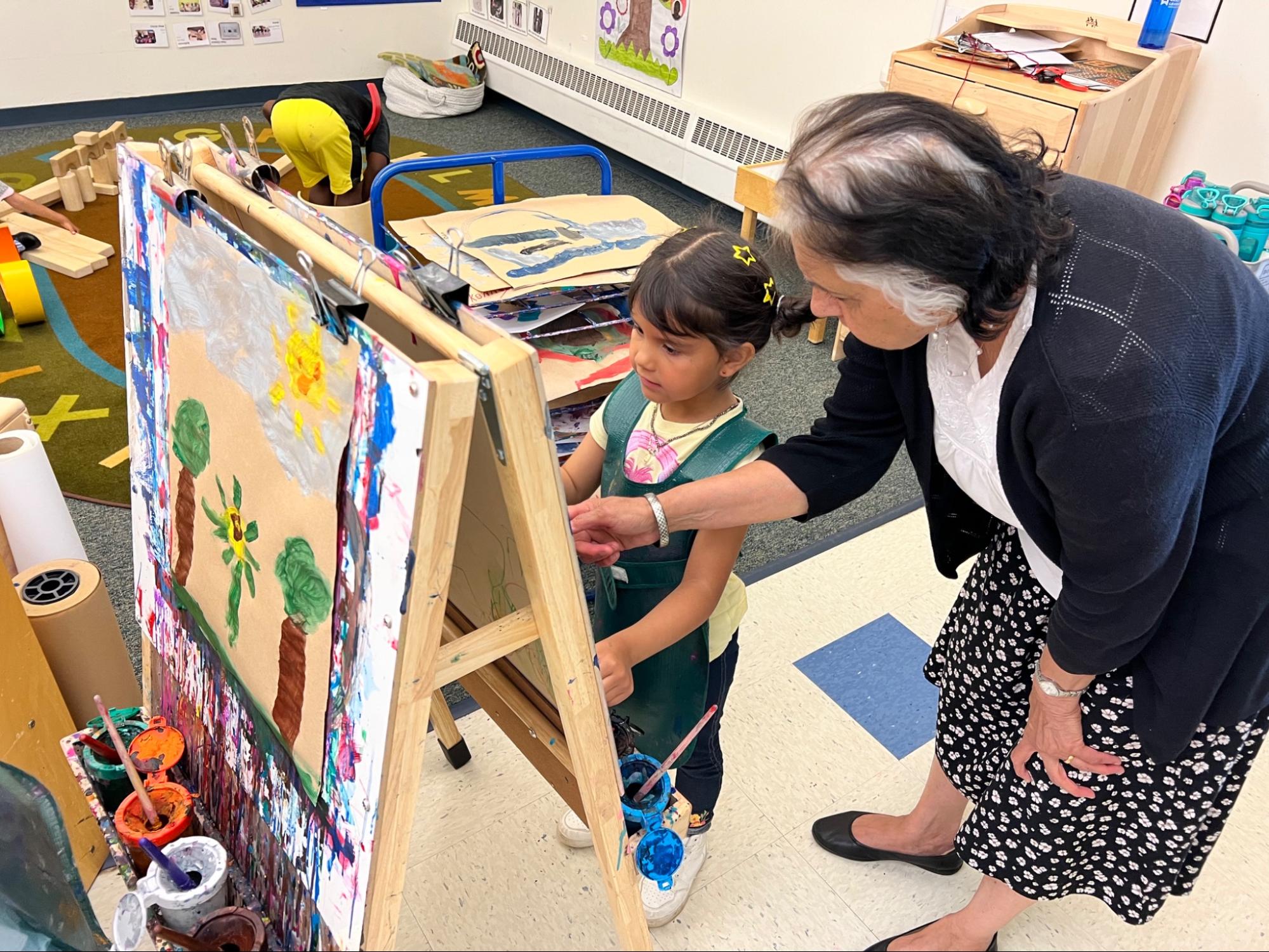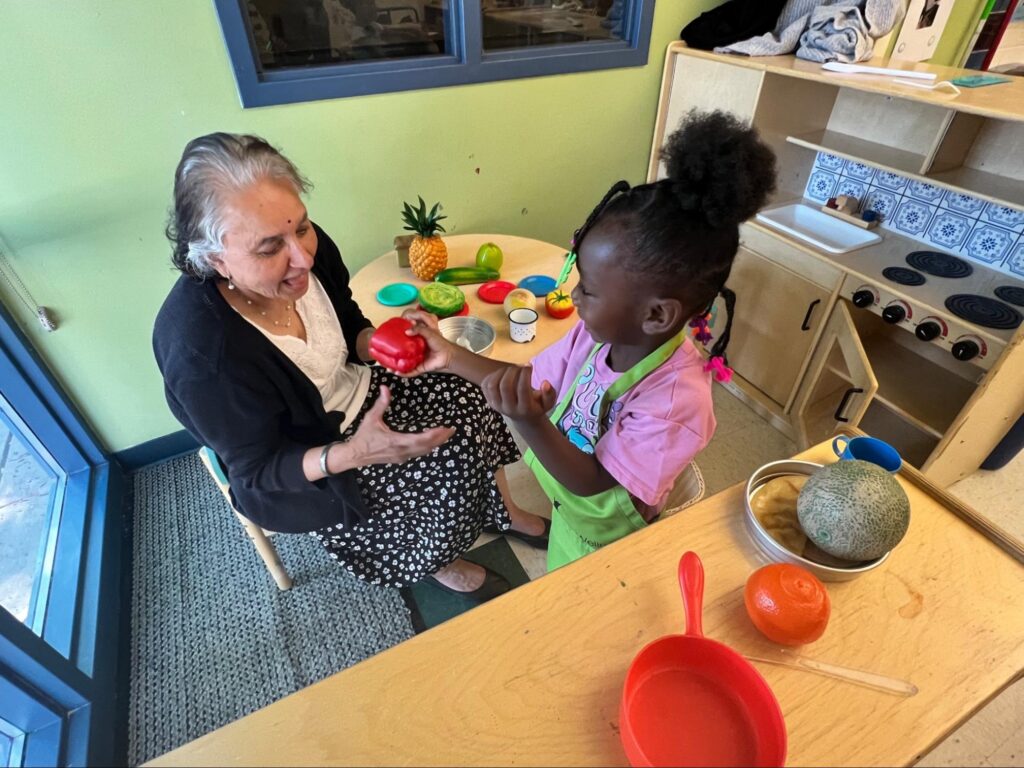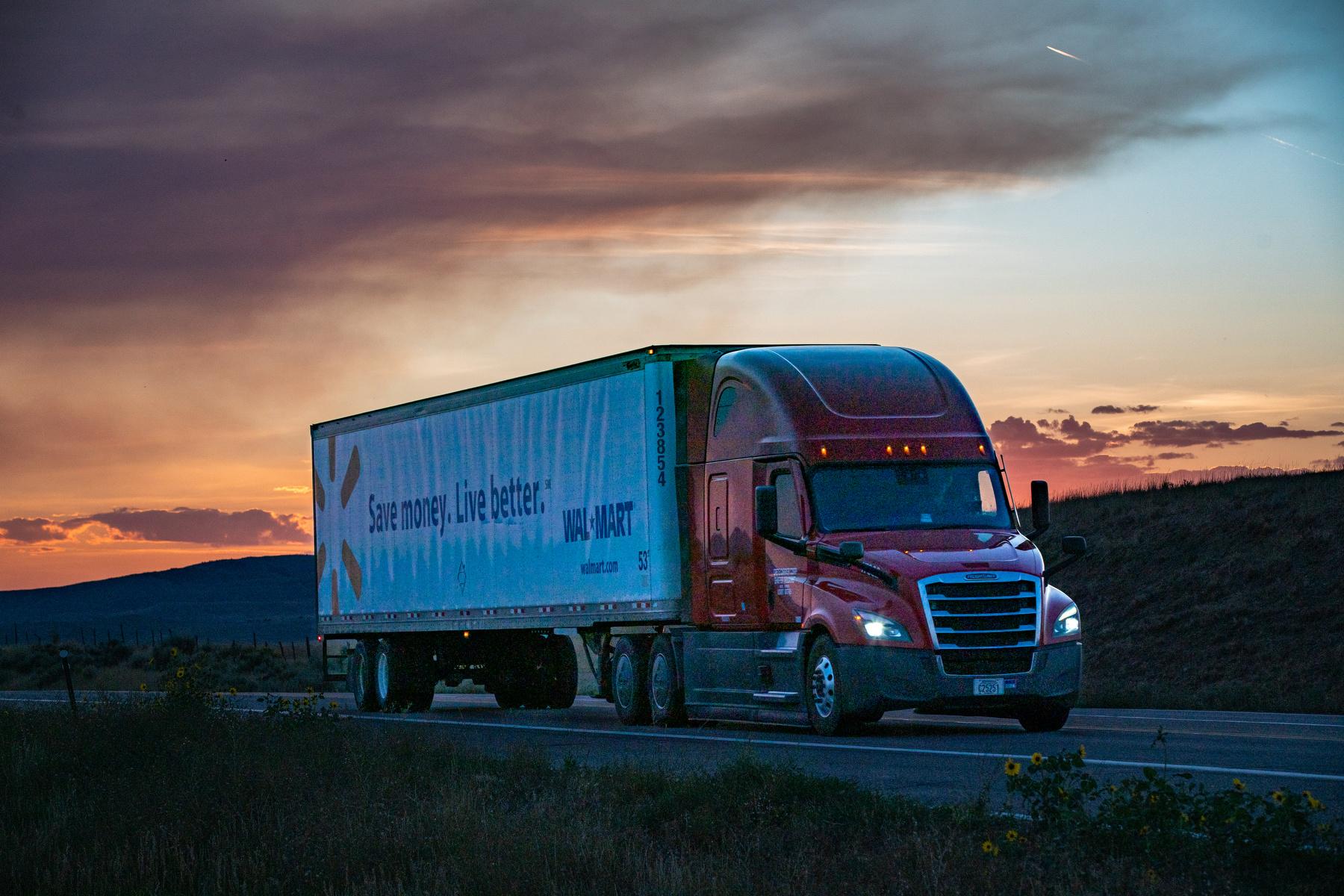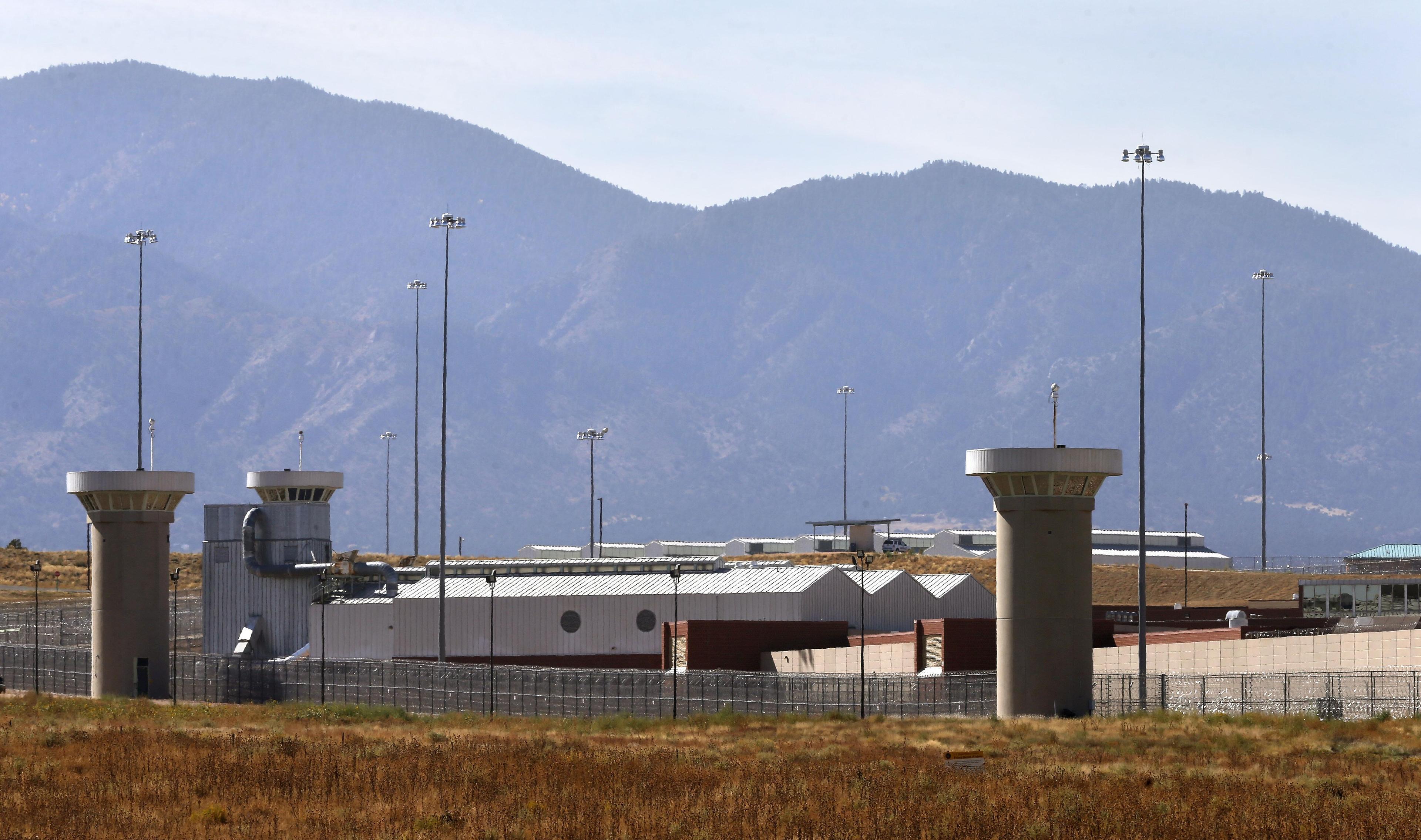
Three mornings a week, you can find Sunanda Babu doing puzzles or practicing counting at Mile High Early Learning Center in Denver’s Lowry neighborhood. Babu is 72 and retired; retired, that is, from her former career as a medical researcher. Now she’s a part-time teacher, a job she took to get her out of the house while giving back to her community.
“I love to be with the kids and see how they're growing,” she said. “Sometimes I go to a class where I haven't been for a while and the kids remember me, and they all want to come and give me hugs and everything. So I think I'm a positive influence on these kids.”
Babu is among a growing number of older Coloradans who have signed up to work in chronically understaffed areas, from early childhood education to home care for seniors. Organizations that recruit and train for these industries see opportunity in the state’s increasing population of people over the age of 65.
Hiring older people for senior home care
As Colorado’s population ages, more people want to age in their own homes, according to Sarah Verretta, president of Seniors Helping Seniors in the Denver metro area.
“We have seen the trend of individuals wanting to go, or the expectation of being placed into, a community setting is dwindling,” Verretta told Colorado Matters. “92 percent of aging adults actually want to age in-home if at all possible. So we're definitely seeing that trend shift within our culture.”
Verretta’s company turns to the same aging demographic for staffing.
“Our goal is to match seniors that are active and still want something that's fulfilling for them, post-career typically, with individuals that are aging and less capable of living independently and need a little bit of assistance, but want to stay in their home,“ she explained.
Her recruits come from all walks of life, including the legal field, business, and stay-at-home moms.
“A lot of them are retired and they're like, ‘This is not what I intended. I need something to do.’ And they're eager to help,” she said. “That's the biggest thing that I find when I'm interviewing potential employees is they want something that gives purpose and meaning to not only their life, but to someone else's.”
The care offered by Seniors Helping Seniors is non-medical, and all the employees are part time. The flexibility appeals to people who have retired from other careers. Verretta said the closeness in age between caregiver and client is a benefit.
”They really truly strike an organic friendship that is fulfilling on both sides,” she said.
Older teachers in preschools
Early Childhood Service Corps trains older Coloradans to work with people at the other end of the age spectrum: young children. The non-profit offers free, online training through Arapahoe Community College and places teachers around the state. Sunanda Babu was trained by ECSC.
ECSC director Lisa Armao says there’s a dire need for preschool workers, especially in rural areas.

“It's amplified for sure in the mountains, rural, and frontier communities. For every infant spot in rural Colorado, there are seven to 10 infants on the list for that one spot,” she said.
Armao says older people from all walks of life want to work with young children. Some might hold babies, or feed them bottles. Others, like Babu, work with busy preschoolers in classrooms.
“They all tell me that they need meaning and purpose back in their lives. I hear all the time, ‘retirement wasn't what I thought it would be, and I need to do something to fill my days up and I want to fill it up with the joy of children,‘“ she said.
“And then I have probably 30, 40 percnet of my people who are doing this because they need income,” she added.
Armao has found more upsides to mixing generations than she anticipated.
“Oh, the benefits have just been immeasurable. If you're an older adult and you come to me and want to work with children, you like children. And children love having grandparents in the classroom. A lot of kids don't have access to their own grandparents and really don't have that connection with older adults,” she said.
“But the thing that I didn't see coming, and has really surprised me, is this lovely intergenerational connection between the older adult, the young children, the parents of the young children, and the varying age group of the staff in the classroom. There's this big thread through all the generations.”
This story is a part of Aging Matters, a series from Colorado Matters about the Centennial State's aging population. Read more stories here.









